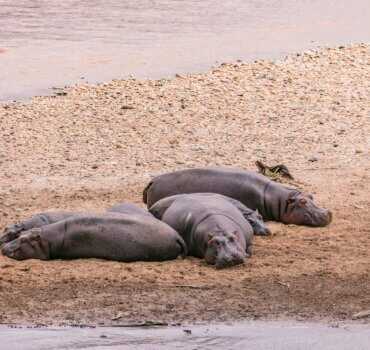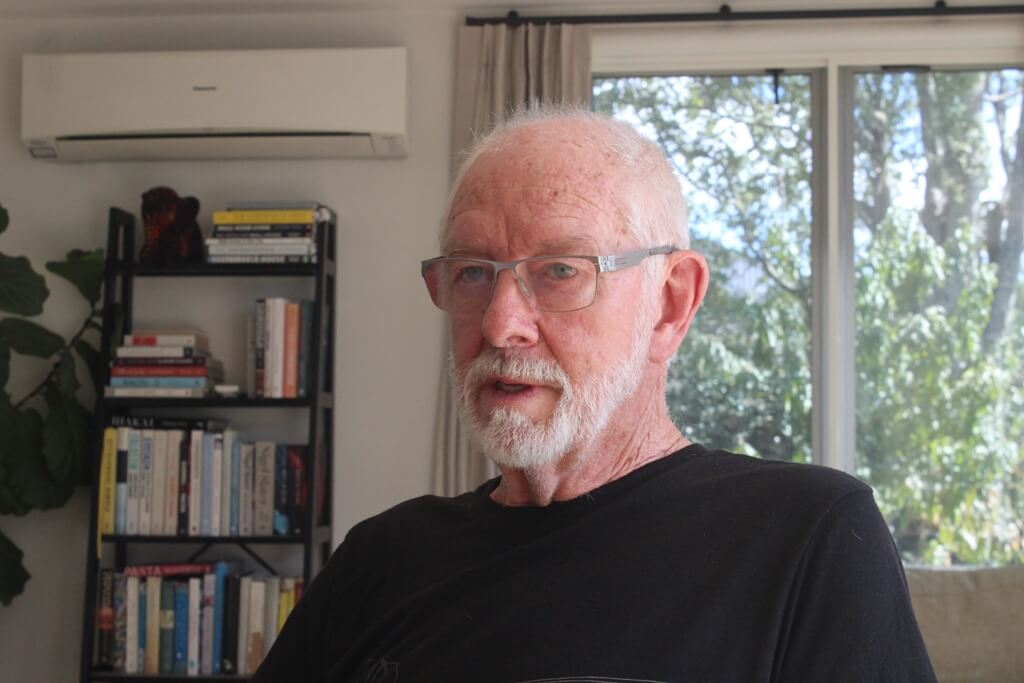
Bloated. Photo: Antony Trivet, Pexels.com

Peter Nicholl
I decided to write my first column for 2024 about the big economic problems New Zealand faces. There are many, and some go beyond big – they are enormous.
None have arisen suddenly – they have been slowly building up, sometimes for decades. Shocks from the rest of the world play only a very small part in any of them. We have succeeded in creating these enormous problems ourselves. I will look briefly at four of the biggest problems.
The infrastructure deficit: almost every day we read stories about infrastructure deficits in important sectors: roads, water pipes, hospitals, sewage pipes.

Under the surface: Photo: Barik5ive, Pexels.com
This week saw a story on the Department of Conservation. They have an estimated $300 million of deferred maintenance. This may force them to close tracks or huts or sell off conservation assets. Infrastructure NZ’s chief estimated recently that our total infrastructure deficit was around $200 billion. Our annual GDP is around $400 billion so our infrastructure deficit is now 50% of our GDP. It has taken decades of under-investment to reach this level. It will take decades to solve.
What worries me is that there doesn’t seem to be any mechanism in New Zealand for solving it. We have no medium- or long-term planning processes. The debate on these issues often involves central and local government arguing whose responsibility the investment is or saying “we can’t afford the investment”. Not making these types of investments is usually a classic case of false economy. The problem won’t go away and delay is almost sure to make it more expensive.

Bloated. Photo: Antony Trivet, Pexels.com
A bloated and inefficient public service: the number of people on the public payroll (staff and consultants) has risen substantially in recent years. But citizens’ and businesses’ satisfaction with the performance of the sector has fallen substantially. The sector seems to focus on reports and advertising campaigns rather than on final outputs and outcomes. People argue about the effectiveness and fairness of the raft of reforms that were labelled Rogernomics in the late 1980s. But one element of those reforms that I don’t think should be argued about was the introduction of strong performance criteria and monitoring systems throughout the public sector.
At that time, New Zealand was regarded as the world leader in this area. I have no idea what performance criteria and monitoring systems are being used in the public service today. Whatever they are (and I am hoping a system does exist) they don’t seem to be producing effective performance.
Inflation and high prices: the inflation beast that central banks created and fed with their low interest rate policies has at least stopped growing. But it hasn’t yet been tamed and I think New Zealand has a bigger problem in this area. We have become a high price economy in almost all areas. Excess regulation, with little or no cost-benefit applied, low productivity and weak enforcement of competition laws all play a role.
Falling educational standards: some may say this isn’t an economic issue. But if our educational standards continue to fall, there will undoubtedly be economic consequences. The country will continue to get relatively poorer.
That’s what we have been doing for the last 30 years or more. Our GDP per head is now the 52nd highest amongst developed countries. I am old enough to remember when we were fourth.
Unless the above problems start to be addressed, we will continue to slip further. Welcome to 2024.

GDP down. Photo: Lukas, Pexels.com








